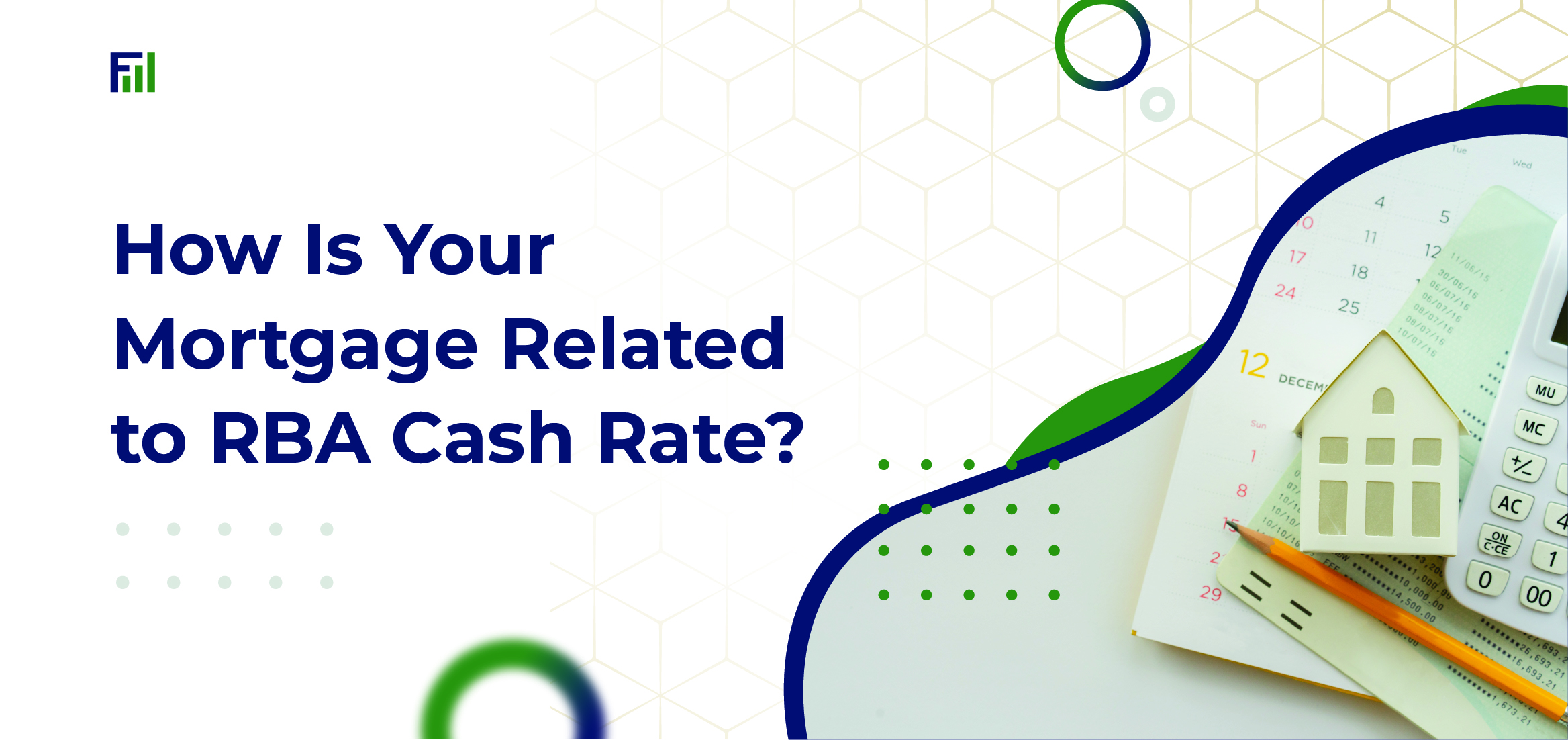Fasten your seat belts. This will be a thrill ride of information: we're going to look at the cash rate, the RBA, and how it all affects you. You may have heard about the cash rate in the news and wondered what it is and how it affects you and your mortgage.
First and foremost, let's define the RBA and what it accomplishes to provide some context.
The Reserve Bank of Australia (RBA) is a wholly-owned subsidiary of the Australian government. It is Australia's central bank, and its main job is to ensure the country's financial system's stability, with its position in determining the cash rate serving as the public face of its role. Except in January, the cash rate is disclosed following each RBA board meeting, which occurs once a month.
Inflation, the performance of the Australian dollar, the status of the mortgage and lending markets, the country's gross domestic product (GDP), and consumer and corporate confidence all influence the decision to change or leave the cash rate unchanged.
What is the RBA cash rate?
Contrary to popular belief, the RBA interest rate does not dictate the interest rates that individual banks charge on their loans (whether business loans, personal loans, or home loans). On the other hand, the RBA interest rate is the rate that influences money market overnight loans.
What is the impact of this? Because they may require overnight loans to fund their different transactions. Yes, they run out of money from time to time, so they take out overnight loans with RBA interest rates.
A low RBA interest rate, often known as a "cash rate," encourages banks to do more business because they know that they won't have to pay a high interest if they need to borrow money to fund their activities rate. If the cost of obtaining a loan from a bank is low, the bank is more willing to take more significant risks by lending to more enterprises and individuals, increasing money circulation.
How does an increased interest rate affect you?
Even while the RBA takes a variety of factors into account when determining the cash rate, such as inflation, unemployment, retail performance, and other factors, says CEO Enzo Raimondo, it is the mortgage market that is increasing nearly the dominant influence on the cash rate.
In the five years running up to December 2016, mortgage rates in Sydney climbed by around 70%. When you compare these numbers to income growth (13% in the same period), it's easy to see why the RBA Board would prioritise the property market in their monthly meetings. An increasing cash rate may affect your plans if you intend to remove a new mortgage, whether it Is for a personal loan, the purchase of a property, or the purchase/establishment of a new business.
The news today is inclined towards the future of the economy, and the impacts of any changes in the cash rate, whether they are positive or negative, can sometimes be amplified by the public's interest. Even if the cash rate remains unchanged, an increase in the cash rate may result in higher interest rates for your mortgage. This was the situation in January 2017, when several banks raised their lending interest rates in anticipation of an RBA cash rate hike, rising housing costs, and new hazardous lending restrictions.
Increased interest rates, intended to reduce the boom in mortgage lending (fueled by low borrowing costs), run the danger of harming single-family borrowers and first-time homebuyers as their monthly mortgage rates rise. A higher interest rate puts those who have taken out interest-only loans to break into the real estate market at risk of not being able to manage their cash flow and repay their loan.
In an economy where historically low RBA cash rates have fueled investment, any increase in the cash rate (which is inevitable) risks upsetting the finances of individuals who have overreached or stretched themselves too thinly in their investments.
Rising interest rates, although limiting the finances of those already on the mortgage loan, can have both a negative and a positive influence in terms of assisting potential homebuyers in saving. When the RBA raises its cash rate, savings deposit interest rates usually rise. So, if you're keeping a property, increasing the cash rate may be beneficial because it reduces consumer spending and encourages saving.
Now that you know more about the RBA and the cash rate, you should double-check that your mortgage offers the best rate and features for your needs.
The best course of action for anyone is to maintain their mortgage loan and mortgage payments and search for the best interest rate on a mortgage payment with the features and flexibility they require. If you're ready to take the next step and purchase a new property, Fastgrow Finance can help you evaluate current interest rates and make difficult decisions about which mortgage best suits your needs and lifestyle.
Fastgrow Finance can help you get the right mortgage loan for you. Please get in touch with us directly. Our knowledgeable advisors will work with you to determine your objectives and discover a provider that meets your needs.
Contact us through the following channels:
- Phone: (02) 9630 3142
- Email: [email protected]

